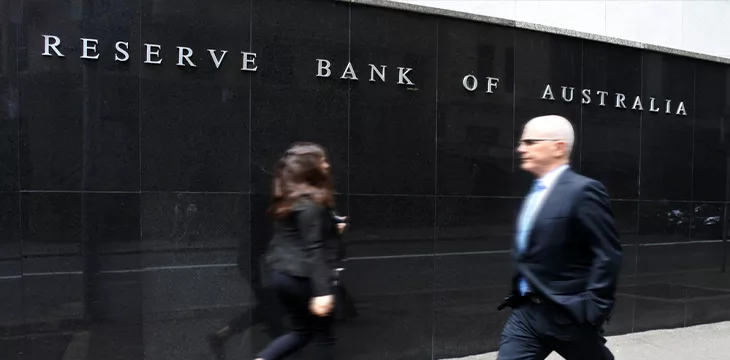|
Getting your Trinity Audio player ready...
|
The Australian government is planning new laws to allow the country’s central bank to monitor non-bank digital payment wallets. The use of payment networks like Google Pay (NASDAQ: GOOGL), Apple Pay (NASDAQ: AAPL), and WeChat Pay has grown rapidly in recent years, from 29.2 million transactions in 2018 to 2.4 billion in 2022.
The proposed laws would update the Payment Systems (Regulation) Act (PSRA) of 1988 to expand the definitions of terms like “payment system” and “participant.” They would also hand new powers to the Ministry of the Treasury to subject providers to “additional insight” if they consider them to “present risks of national significance.”
Australia’s Reserve Bank is currently the only entity with regulatory powers under the existing PSRA. The changes also introduce civil penalty provisions and “enforceable undertakings” and would increase maximum criminal penalties where applicable.
Though the services mentioned above are usually possible only by connecting them to already-regulated bank accounts and credit cards, transactions between digital wallets currently exist outside Australia‘s financial regulations and banking systems.
The Federal Government’s Treasury Department is calling for feedback from stakeholders on the draft legislation, with a deadline of November 1, 2023, to submit comments.
Tech giants resisting the new laws
Key players like Google and Apple have resisted calls to bring them under closer regulatory scrutiny for years, which led to an unsuccessful boycott of Apple Pay in 2016 by three of Australia’s four largest banks.
Payments via WeChat Pay are possible in Australia in select merchants, but users can only set up a WeChat wallet if they have a bank account in China, Hong Kong, Malaysia, or South Africa and (technically) only transact between wallets originating from the same country. These restrictions have made them popular with Australia’s overseas students and temporary residents, a large percentage of whom come from Asia.
Apple and Google have claimed they are not “payment providers” and instead merely “payment presentation methods,” which, therefore, do not present the same level of risk as bank accounts. While transactions on Google Pay are free, Apple Pay charges a small percentage transaction fee, which it has so far been allowed to keep secret from retail banks.
Treasury’s proposals do not refer to digital currencies in the blockchain or “cryptocurrency” sense. However, the broader definitions of words like “funds” and “payment system” could easily cover those if the government finds it necessary. As in other countries, blockchain digital assets are used mostly for speculative trading and only rarely for consumer purchases in Australia (as much as blockchain promoters would like you to assume otherwise).
What’s the government’s motivation for changing the laws?
There are a few different theories about why the government and central bank have finally agreed to change the regulations. One is that governments tend to always seek greater powers of surveillance and control, and would like to extend that to payments outside the banking system.
Another is that banks would like greater knowledge regarding technology giants’ fee structures and statistics. Large banks had come to dominate the digital payments space as cash slowly disappears, as credit cards and point-of-sale transfers became ubiquitous—but their share of that pie has waned as smartphone payments grow. Banks, which have a large influence over government policy, would like to remain competitive in consumer services.
The “risks of national significance” argument is also omnipresent in such proposals. It’s a broad term that can seemingly encompass anything the government would like it to, but Treasury likely has a genuine interest in monitoring payments made between locals and foreign entities.
CoinGeek Conversations with Bernhard Müller: Centi is Bridging Digital Money And Traditional Banking

 02-28-2026
02-28-2026 




